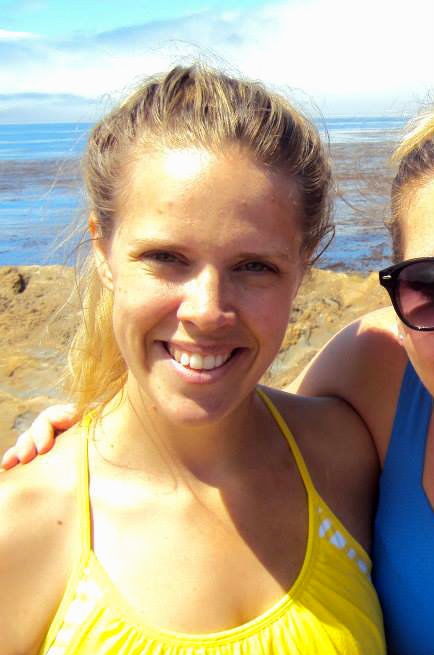How Coffee Changed the World

Each Monday, this column turns a page in history to explore the discoveries, events and people that continue to affect the history being made today.
Did you hear the one about the goat, the monk and the Indian pilgrim?
There's no crass punchline to this story, just a punchy drink that is the world's second most important commodity, after oil.
Discovered more than 1,000 years ago by goats roaming the hills of Ethiopia, coffee today employs 500 million people, from the workers toiling in the fields of Kenya to the teenage baristas at your neighborhood Starbucks.
In a world of more than 6 billion people, enjoying a good cup of joe is one of the few fixtures of everyday life common to cultures on every continent.
Buzzed goats make important discovery
It is only fitting that the history of a beverage so associated with good conversation starts with a storybook-like tale. Native only to parts of subtropical Africa, the stimulating effects of wild coffee beans are said to have been first discovered in about A.D. 800 by an Ethiopian shepherd named Kaldi, whose goats kept him up at nights after feasting on red coffee berries.
Get the world’s most fascinating discoveries delivered straight to your inbox.
The shepherd shared his find with the abbott at a local monastery, where monks first brewed the beans into a hot drink, reveling in the way it kept them awake during long hours of prayer.
Romantic exaggeration or not, by A.D. 1000 the bean with a buzz was a favorite among those needing a boost in East Africa as well as across the Red Sea in Yemen, where the crop had migrated over with slaves.
If Ethiopia was the birthplace of coffee, Yemen was where it grew up. The brew first took hold among clerics there too, but spillover into the secular crowd didn't take long and skyrocketing demand soon led to the world's first cultivated coffee fields there in the 1300s.
The entire Arabian peninsula became a hotbed of coffeehouse culture, with cafés – called kaveh kanes – on every corner.
By the 15th-century, Mecca resembled a medieval incarnation of Seattle, men sipping steaming mugs over games of chess and political conversations. Coffee houses were such an important place to gather and discuss that they were often called Schools of the Wise.
Coffee had much the same effect in Europe when it was introduced there in the 1600s. Cafés were the center of social life, where people with similar interests could gather and talk. The British insurance company, Lloyd's of London, began as a café popular with sailors who often discussed insurance matters. Caffeine becomes a cash crop
Arabia controlled the lucrative coffee industry for several centuries, exporting only roasted, infertile beans to their new trading partners in Europe and Asia. Caffeine junkies the world over were hooked, but couldn't grow their own crops or buy beans at reasonable prices.
It took one intrepid Mecca pilgrim to break the Arab monopoly, according to legend, by smuggling some intact beans back to his native India, initiating an agricultural explosion. The Dutch also managed to get one plant back to Amsterdam and began cultivating in their Southeast Asian colonies in the 17th century. Europe now had a new, direct source for its daily coffee fix.
Coffee plants went everywhere that European empires did, taking root in such famous bean-growing regions as Jamaica's Blue Mountains, the Kona district of Hawaii, Indonesia's Java Island and the rainforests of Brazil, which remains the world's biggest producer.
The coffee industry is the main source of income for 25 million small farmers, it is estimated.
 Live Science Plus
Live Science Plus






